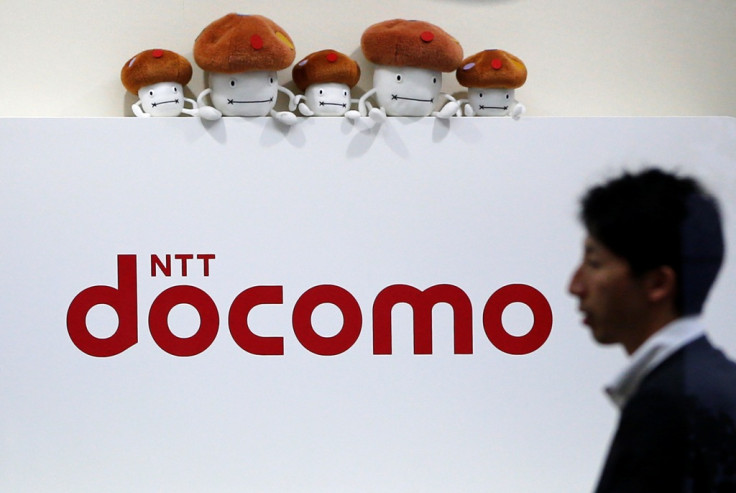India: Central bank allows Tata to buy DoCoMo stake in JV

The Reserve Bank of India (RBI) has allowed conglomerate Tata Sons to acquire Japanese telecom major NTT DoCoMo's minority stake in their stressed Indian venture, Tata Teleservices.
The central bank's approval paves the way for the completion of an overdue $1.1bn (£725m, €933m) deal.
In a memo to India's finance ministry, dated 22 December, 2014, and seen by Reuters, the RBI said it was "inclined to accept" the proposal from Tata to purchase DoCoMo's stake of around 26% in Tata Teleservices at half the price DoCoMo originally paid for the investment. The RBI has requested for the finance ministry's view.
Relaxing rules
A rule change brought in last year prevented foreign investors from selling stake in Indian firms at a preset price.
But an unnamed senior policymaker directly involved in the approval process told the news agency that the central bank will keep reviewing rules that make it hard for foreign firms to recover their investments, and restrain outside investors.
The RBI approval is part of New Delhi's bid to simplify or ditch some of the more obscure rules that have curbed foreign investment.
The memo
The central bank said in the memo: "The larger issue here is of a fair commitment in the contracts in relation to an investment and a downside protection of an investment, rather than assured return.
"Besides, our strategic relationship with Japan in recent times in relation to FDI [foreign direct investment] flows is also a matter to be kept in view," it said.
In November 2014, Tata Sons told the RBI that it had failed to find a buyer for the DoCoMo stake, and sought the regulator's approval to purchase the stake itself at 58.045 rupees per share - half the price DoCoMo had paid in 2009.
Pricewaterhouse & Co, hired by Tata Sons, had determined the fair value of the shares at 23.34 rupees a share.
Under the deal signed in 2009, when DoCoMo invested $2.2bn in the Indian venture, the Japanese firm would get the higher of either half the original investment or a fair value in the event of an exit.
© Copyright IBTimes 2025. All rights reserved.






















